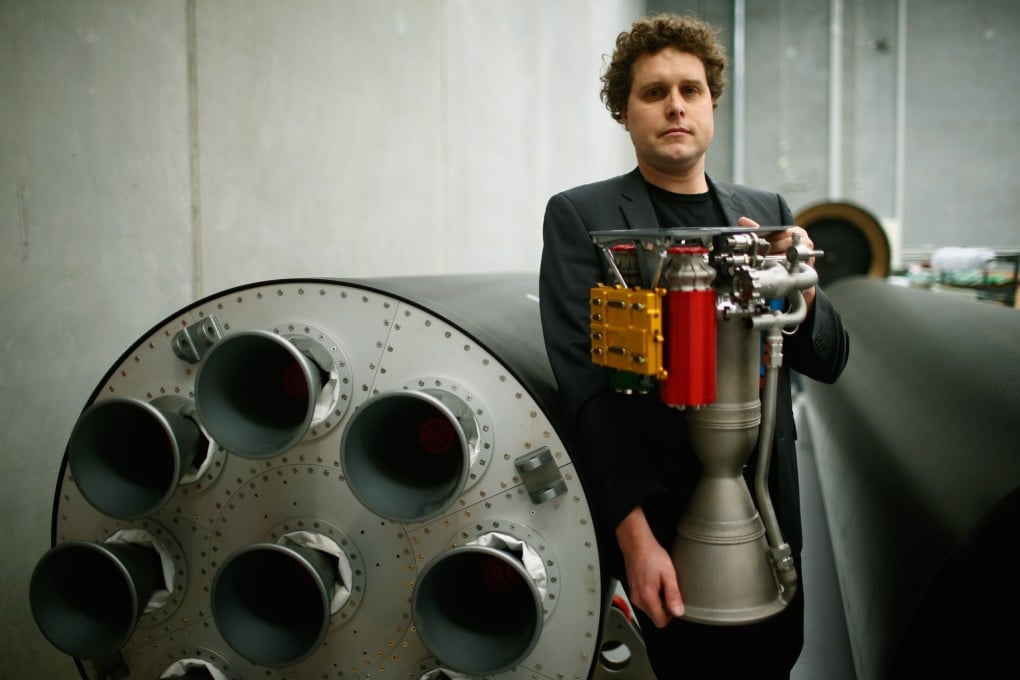Rocket Lab nearing completion of world's first private orbital launch site
New Zealand site looks to launch weekly with reduced costs

Launching satellites into space could get even cheaper very soon.
Rocket Lab, whose technology aims to propel small satellites into orbit at a fraction of the current industry prices, has nearly completed construction of the world's first private launch site.
Located on New Zealand's Mahia Peninsula, the site was designed to "enable the highest frequency of space launches in history," according to Rocket Lab, a US company with a New Zealand subsidiary. Once ready, the site will be home to the company's first set of trials, scheduled for the coming months.
Ten-year old Rocket Lab will be charging US$4.9 million per launch, a significant discount to SpaceX's US$62 million price tag, and hopes to conduct weekly operations.
Its launch vehicle, called the Electron, boasts a battery-powered rocket engine printed on 3D parts that enables the firm to offer such low pricing and frequent trips, Rocket Lab said.
CEO Peter Beck hopes the service will resolve two of the biggest complaints he hears from players in the space industry: frequency and availability of launches.
"This program is about enabling the small satellite industry," Beck told CNBC's 'Squawk Box' on Monday.